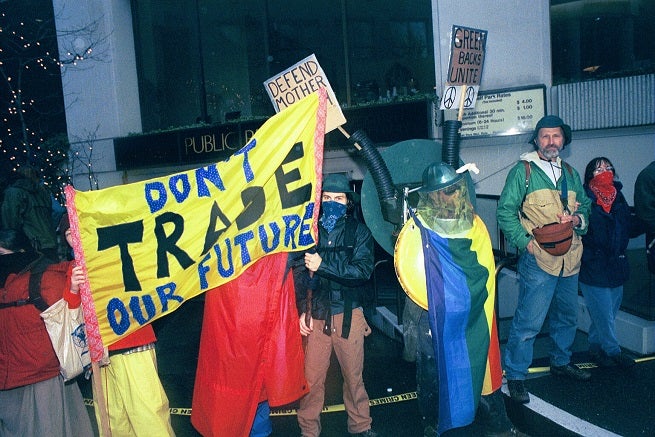Uncategorized
Trade’s Hidden Cost Detailed in Panama Papers

The Panama Papers, a deluge of documents leaked to a global group of journalists detailing the shady use of foreign financial institutions to skirt tax payments, were made public earlier this week. And they shine a light once again on how bad trade deals can hurt regular working people.
While it’s been largely lost in the windfall of 11.5 million records that detail the shadowy underbelly of offshore holdings of world leaders, corporations, celebrities and even suspected criminals and terrorists, there is also insight into how the Panama Free Trade Agreement (FTA) was pushed through despite concerns that it would allow questionable activities to continue.
Back in 2011, Public Citizen warned the deal could lead to even more widespread tax abuse, saying “the FTA would undermine existing U.S. policy tools against tax haven activity. The FTA’s Services, Financial Services and Investment Chapters include provisions that forbid limits on transfers of money between the U.S. and Panama. Yet, such limits are the strongest tools that the United States has to enforce policies aimed at stopping international tax avoidance.”
The inclusion of the language should serve as yet another warning about how these lousy trade agreements can adversely affect everyday Americans while they coddle the nation’s so-called elites even further. Corporate interests, fueled by their donation dollars, win out time and again.
It would be foolish not to think that the same thing will happen with the proposed Trans-Pacific Partnership (TPP). Those who have been following what the 12-nation Pacific Rim trade deal contains already know about its faults when it comes to investor-state dispute resolution language, never mind what it talks about when it comes to labor, the environment and health care. But given its 30 chapters, there is much, much more even those informed on the issues are probably missing.
Americans can’t afford to be on the hook for more giveaways to the corporate class.